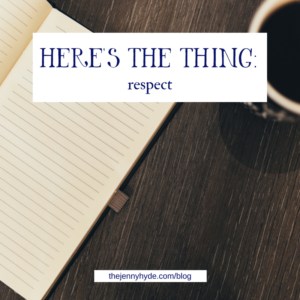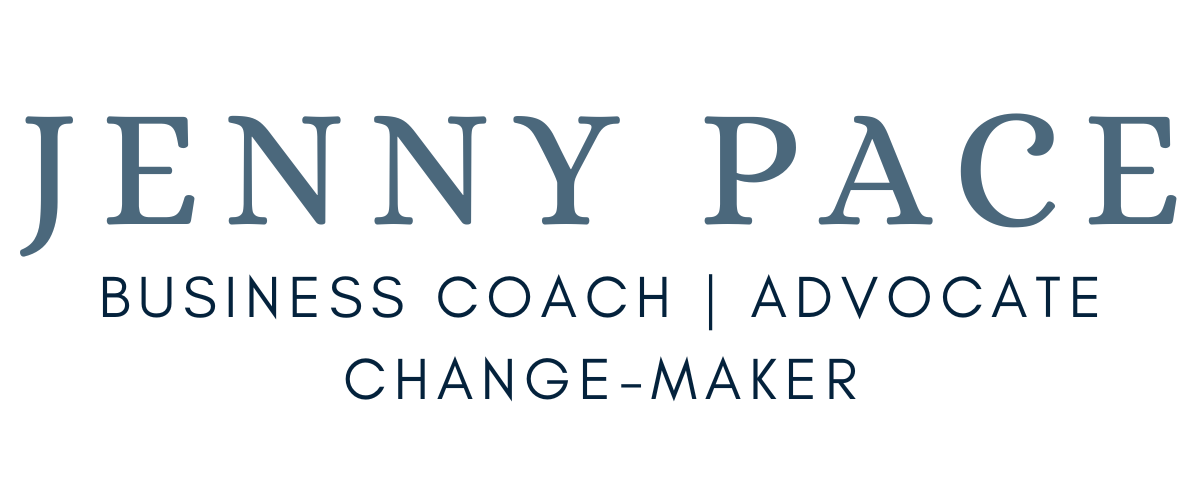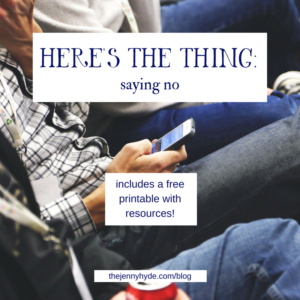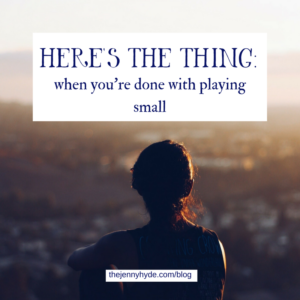 Before we begin, let’s all have the R.E.S.P.E.C.T. middle eight from Aretha in mind. (Go here for a reminder.)
Before we begin, let’s all have the R.E.S.P.E.C.T. middle eight from Aretha in mind. (Go here for a reminder.)
Now that that’s out of the way, I want to share that respect is something that’s been on my mind recently. How do we show respect to others? How and when do we want to receive respect?
You know what I’ve noticed? When people feel respected, they do better. They feel better. And when people feel disrespected, unnoticed, taken for granted, they get resentful. They act out, they’re less generous, they blow up out of the blue.
I’ve been there, on all sides. And these things happen in business relationships, in friendships, in family relationships – the whole spectrum.
Relationships all take maintenance, and especially working relationships require clarity, communication, and upkeep. It’s not often a one-off conversation that fixes things (though sometimes that can help).
And if you’re a kind, generous person who loves to help (me too), it’s even harder to ask for respect and hold your boundaries.
So, before I get to some questions for you to reflect on, let me tip my hat to the wonderful Randi Buckley and her upcoming course, Healthy Boundaries for Kind People. Because Randi has helped me exponentially with firming up my boundaries and get the respect I deserve without turning into a cold-hearted you-know-what.
I don’t think it’s a coincidence that I’ve been thinking a lot about boundaries given a) I’m now managing a team of around eight people and b) politically and morally, there seems to be so little respect going around.
We can’t force other people into respect, but we can demonstrate incredibly clear (and kind) boundaries on what is acceptable to us. We can also ensure that we’re given respect to others where it’s due. Because sometimes, when we’re really busy, it can be easy to forget.
So here’s the thing
I’ve put together some questions for you to consider. Maybe you’ll journal about them, or think about them, or discuss them with friends.
Who do you respect? Not envy or put on a pedestal, but actually respect? How do you show them?
What do you want to be respected for?
How do you prefer to receive respect? For you, what does respect look like?
How do you demonstrate your respect for others?
Are you allowing yourself to be disrespected by anyone? How can you show them, gently, respectfully, that it’s not acceptable?
And if you need help on that last question, or indeed any of them, my highest recommendation is to take Randi’s course which starts next week. If you want more clarity, less resentment, more confidence, and better conflict resolution, you won’t regret it.




